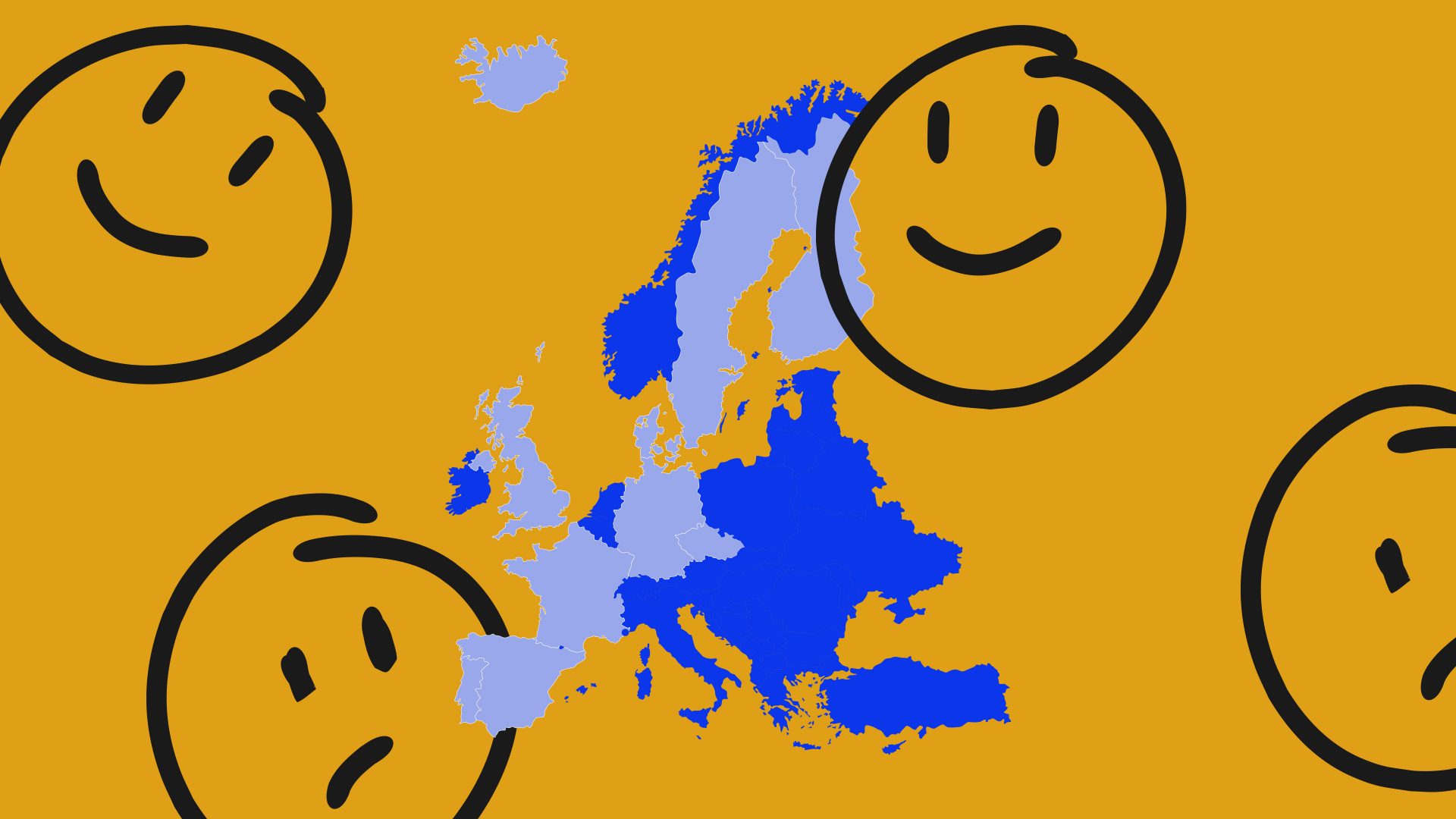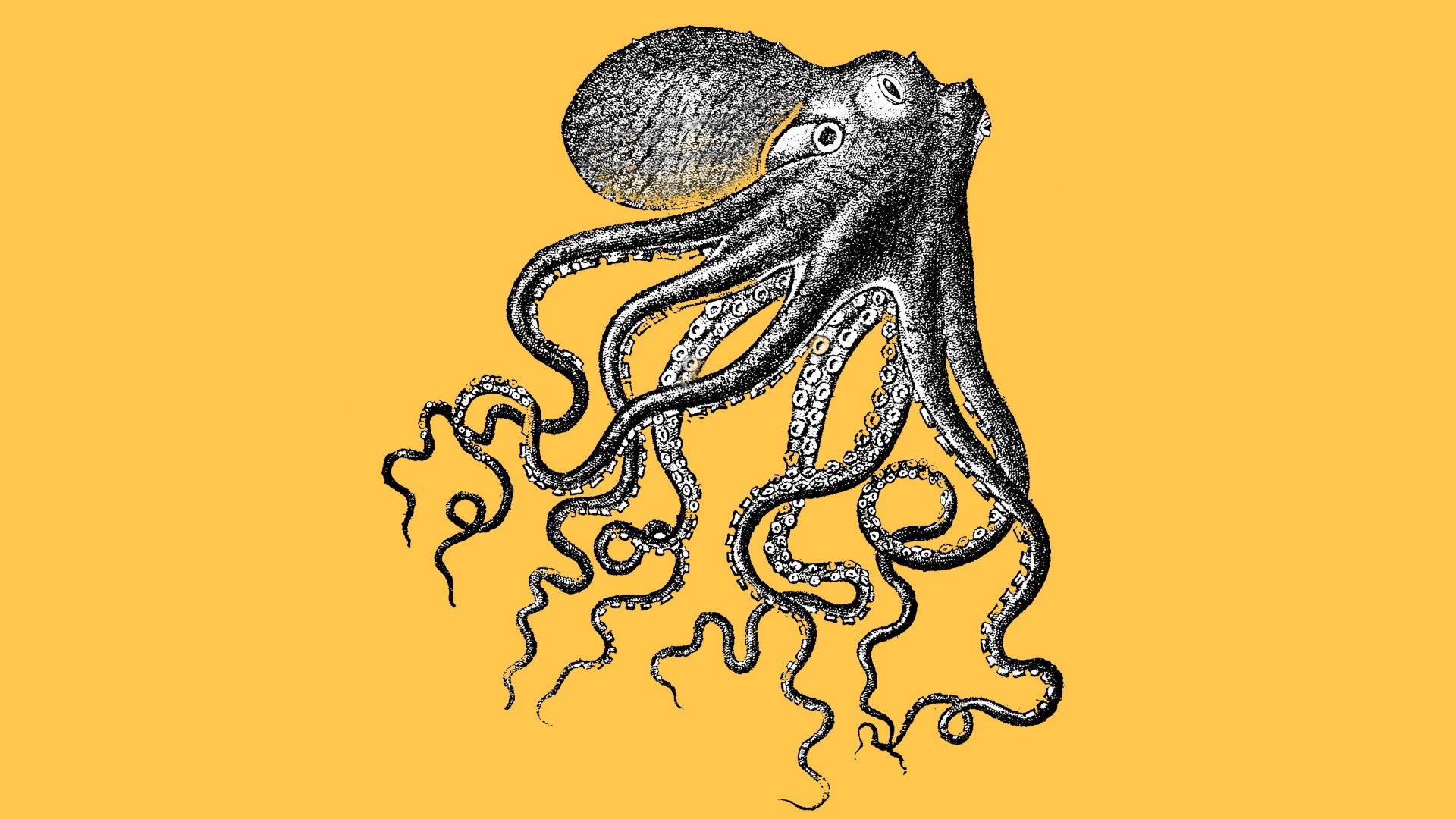Finland
The Finns have been named the world’s happiest nation for several years in a row by the World Happiness Report, an annual survey that mixes data on life expectancy and GDP with residents’ perceptions of generosity and freedom. Yet new data from the Organisation for Economic Cooperation and Development also shows that the country’s antidepressant use has risen 18% in the past decade. Around 9% of Finns are believed to suffer from depression.
United Kingdom
Use of antidepressants has doubled over the last decade in a country ranked 17th happiest in the world. Researchers suggest that some of the increase can be attributed to the improved recognition of depression, availability of new drugs, changes in patient/doctor attitudes, availability of therapies, and evolving clinical guidelines. The pandemic may also have played a part: the prevalence of depression in 2020 was nearly double the levels before Covid.
France
France was rated the 20th happiest country in the world in 2022, with around 7.7% of people reporting chronic depression. The prevalence of depression has doubled in France since Covid. Over the past 20 years, the consumption of antidepressants has risen by 38% in France – the smallest rise registered among the 18 countries listed by the OECD – but from a relatively high base and with a rise of just 2% over the past decade.
Portugal
Portugal ranked a surprisingly low 56th in the 2022 World Happiness Report – doubly odd since a survey for American travel company iVisa has just named Lisbon the happiest city in the world. Portugal had the third-lowest suicide rate of the 50 countries in the WHR, but it has seen an increase of 304% in antidepressant use between 2000 and 2020, with antidepressant drugs accounting for 4% of all pharmaceutical sales.
Spain
Barcelona (2nd) and Madrid (6th) rank highly on the list of the world’s happiest cities, but Spain is only the 29th happiest country, below 16 other European nations. The population spends the equivalent of £540m on antidepressants each year – the second highest total in Europe – and use has risen by 42% over the past decade.
Germany
A relatively high proportion of Germans – 11.6% – say they suffer from chronic depression, and the use of antidepressants has risen by 200% over 20 years and 33% in the past decade. The average use works out at 62 in every 1,000 people taking the defined daily dose (DDD), and in 2020 Germans spent the equivalent of £673m on antidepressants, making it the top-ranked country for spending on these drugs.
Iceland
Iceland, rated the third happiest country in the world in 2022, also has the highest rate of antidepressant use across 18 European countries and the highest number of people reporting chronic depression – a worrying 15.6% of the population. Use of antidepressants rose by 118% between 2000 and 2020, with 153 in 1,000 people taking the DDD, up from 71 in 2000. Antidepressant drugs account for 2.8% of total pharmaceutical sales.
Sweden
Ranking seventh in the World Happiness Report, Sweden still has the fourth highest use of antidepressants at 105 DDD per 1,000 people in 2020, with use rising by 135% over the past 20 years. However, according to data from the World Population Review, the country’s suicide rate – during the 1960s the highest in the developed world – has responded to government intervention in social welfare and mental health services. In 2019, Sweden had 14.7 suicides per 100,000 people, placing it 28th of 50 countries studied by the WPR. Lithuania now records the most suicides of all European countries, 26.1 per 100,000 people in 2019.
Denmark
Denmark bucks the trend of rising antidepressant use in Europe – it has declined by 4% in the past 10 years. The home of hygge – the art of creating a warm atmosphere and enjoying the good things in life with good people – is the only European country to mark a fall in that period, despite around 10% of the population saying they suffer from chronic depression. Denmark is ranked second in the World Happiness Report and antidepressants account for only 1.1% of total pharmaceutical sales.
Czech Republic
The use of antidepressants rose by a staggering 577% between 2000 and 2020, with the DDD rising from 10 to 66 per 1,000 people. But the increase in uptake has slowed over the years, with a rise of just 58% between 2010 and 2020. The Czech Republic is the 18th happiest country in the world, but experts note there is no clear correlation between people’s levels of reported happiness and consumption of antidepressants.



